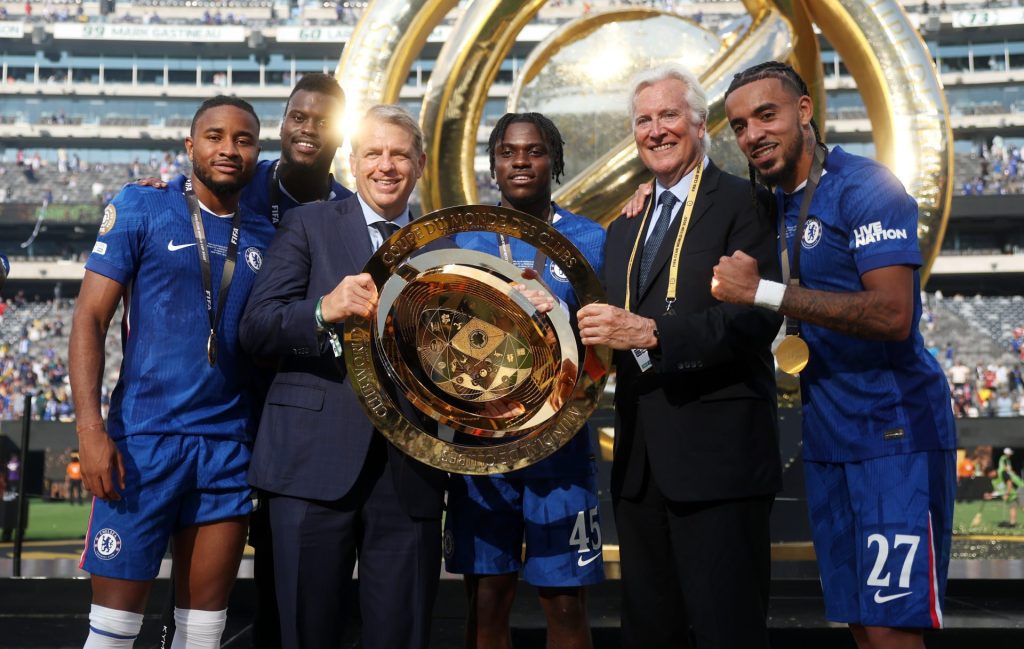Chelsea is currently working on several significant player sales, but concerns remain about meeting UEFA’s recently established requirements.
As they continue to invest heavily in new players, these acquisitions are being financed by offloading players who were on the periphery of starting for Enzo Maresca.
Kiernan Dewsbury-Hall has officially transferred to Everton after just one season, while Armando Broja, Lesley Ugochukwu, and Carney Chukwuemeka are also likely to leave.
It is reported that Chelsea urgently needs to offload players to comply with UEFA regulations after facing punishment for breaching financial guidelines.
The club must sell players to facilitate the registration of new signings like Joao Pedro, Liam Delap, and Jamie Gittens ahead of the upcoming Champions League season.
Chelsea’s FFP Challenges Persist Despite Player Sales
Financial expert Adam Williams shared with The Chelsea Chronicle that even with the departure of these four players, Chelsea still faces challenges with UEFA criteria, despite being in a more favorable position with the Premier League.
He explained: “Chelsea operates under two different financial frameworks: one for the Premier League and another for UEFA. They are permitted to incur a loss of no more than £105m over three years in the Premier League, factoring in certain allowances. Although they appear to exceed this limit on paper, they’re currently not in violation due to strategic accounting methods concerning their women’s team and hotel sales.
“However, UEFA’s regulations are more stringent, and Chelsea’s previous breaches have left them in a precarious position. They have broken the allowable loss limit, which is about £70-75m over three years. Consequently, they must comply with a detailed settlement with UEFA within the upcoming years.
“For the Champions League registration this season, they must show a ‘positive transfer balance’ compared to their previous European squad, which means they have to offset the amortized costs of their new signings. This may sound challenging, but it’s manageable since they only need to consider the amortized costs, which are around £50-60m, rather than the total fees paid.”
Changes Ahead Under Todd Boehly’s Leadership
Since Todd Boehly took control three years ago, Chelsea has been known for its heavy spending, far surpassing other clubs in player acquisitions. However, Adam Williams suggests that financial losses must be addressed urgently.
“The key issue is the financial benchmarks they must meet due to the UEFA settlement, which could fundamentally alter the club’s management. They need to either drastically reduce expenses or significantly increase revenues—and likely a combination of both,” he warned.
“Currently, they are incurring operating losses of £200m annually, so substantial efforts are needed to align with UEFA’s standards. By 2028-29, compliance with the £75m allowable loss limit is mandatory. The squad cost ratio rule may be less strictly enforced, but penalties will still apply if they continue to breach it.”
“With numerous factors at play, UEFA’s guidelines will be a primary concern for Chelsea moving forward. The day they reached a settlement with UEFA marked a new chapter for the club’s ownership.”
One significant way to boost revenue could be relocating from Stamford Bridge, as its current capacity lags behind many rivals. While Boehly is interested in a new stadium, this transition is likely to take several years.



